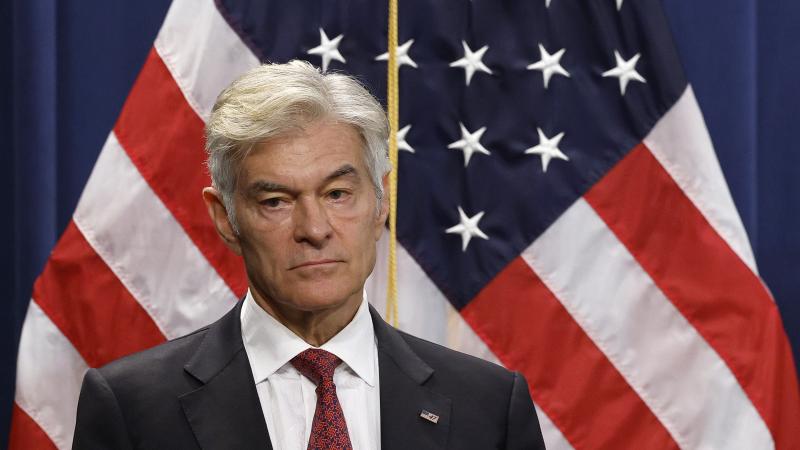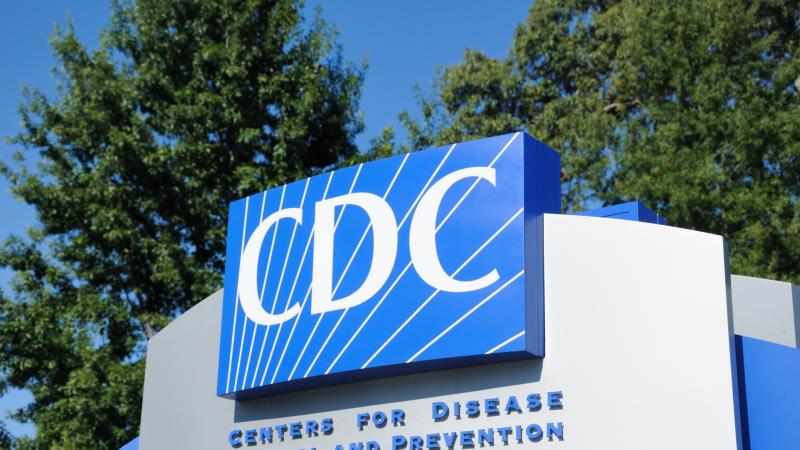Cold medicine decongestant ineffective, FDA advisory panel says
The FDA may order the drugs to be taken off the market.
A common decongestant used in many cold medicines is ineffective, a Food and Drug Administration Advisory panel said.
The panel's unanimous decision on Tuesday is likely to force the federal agency to decide whether to ban the ingredient, phenylephrine, which would result in stores pulling hundreds of products containing it from their shelves, "The New York Times" reported.
Over-the-counter cold and flu medications such as Tylenol, Mucinex and Benadryl may be unavailable as companies attempt to reformulate the products.
FDA officials typically follow advisory panel recommendations, but not always, and it may be several months before a final decision is announced. The findings could also be contested, which would prolong any move toward removing products.
Experts advised consumers to not throw away all their drugs. Even though phenylephrine does not relieve nasal congestion when orally ingested, it does not pose a danger and the medications do contain other ingredients that help alleviate cold symptoms.
"If you have a stuffy nose and you take this medicine, you will still have a stuffy nose," Dr. Leslie Hendeles, a pharmacist at the University of Florida, Gainesville, said. Hendeles, along with her colleagues, first petitioned the FDA to remove the drug from the market in 2007.
"I think we clearly have better options in the over-the-counter space to help our patients, and the studies do not support that this is an effective drug," panel chairwoman Maria Coyle, an associate Ohio State University pharmacy professor, said.
Sales of at least 250 decongestant products were worth nearly $1.8 billion last year. They contain two main oral decongestants, phenylephrine and pseudoephedrine, the latter of which is restricted due to use in meth production.
Nasal sprays with phenylephrine, however, are still considered effective.















